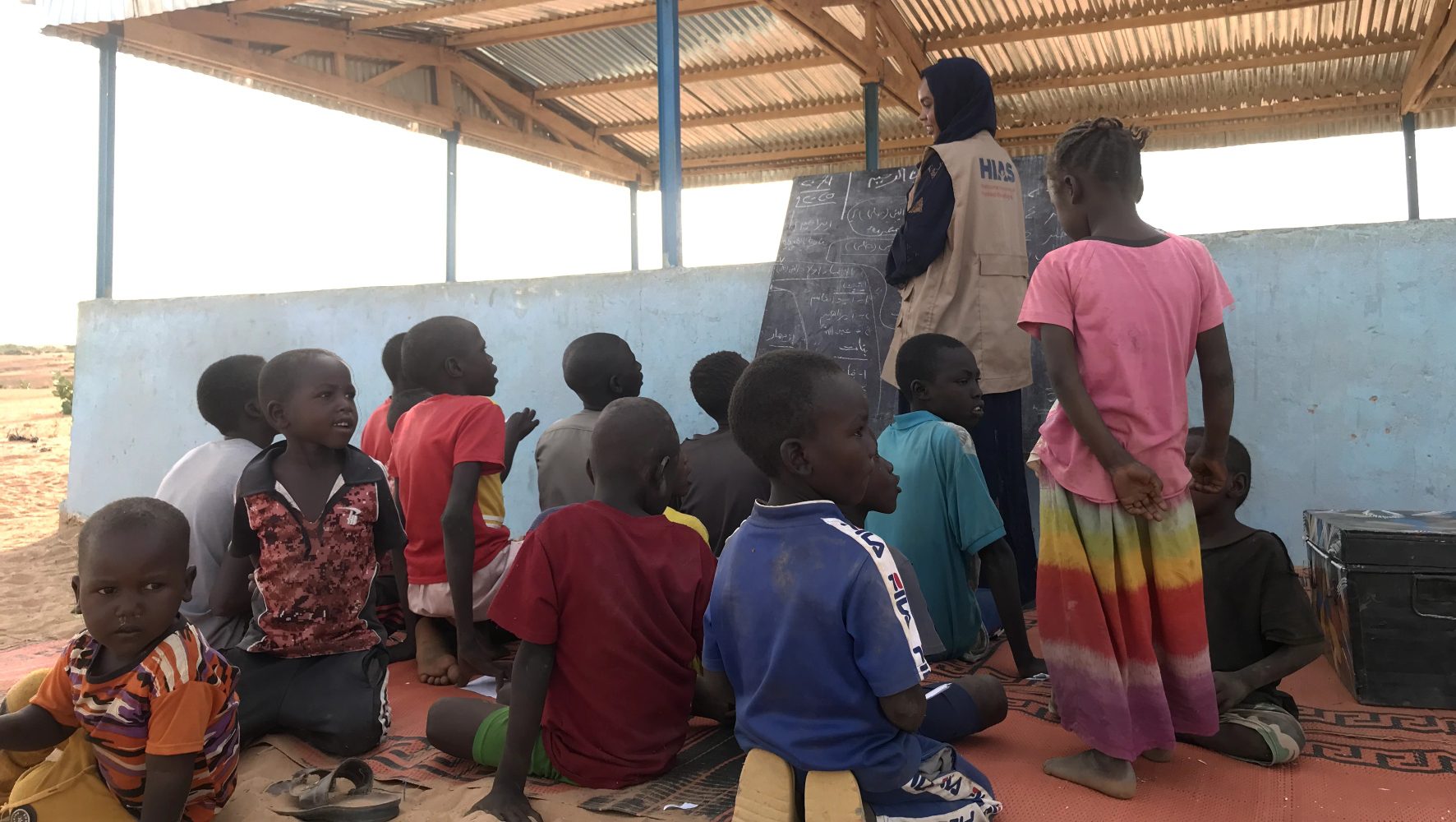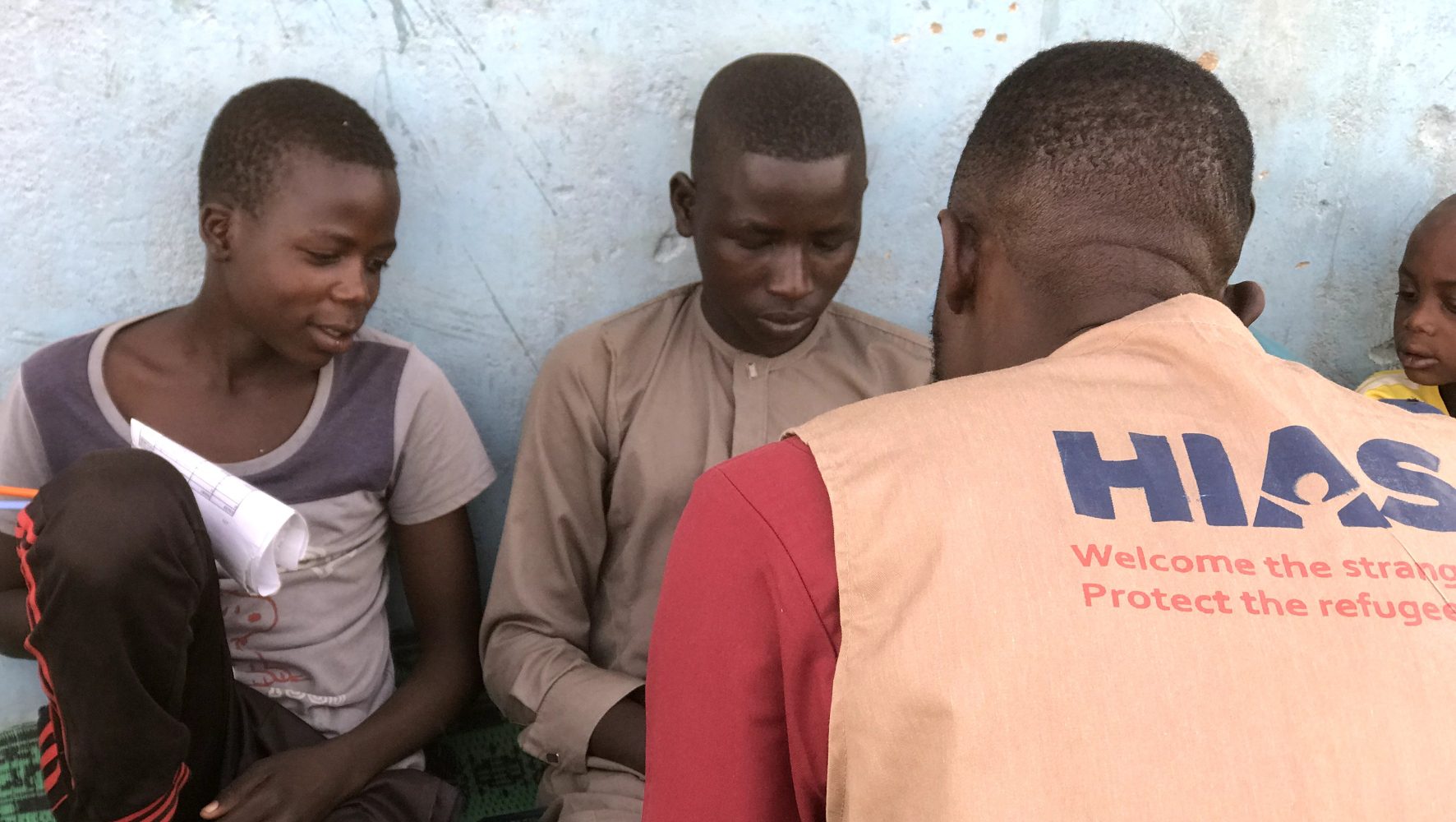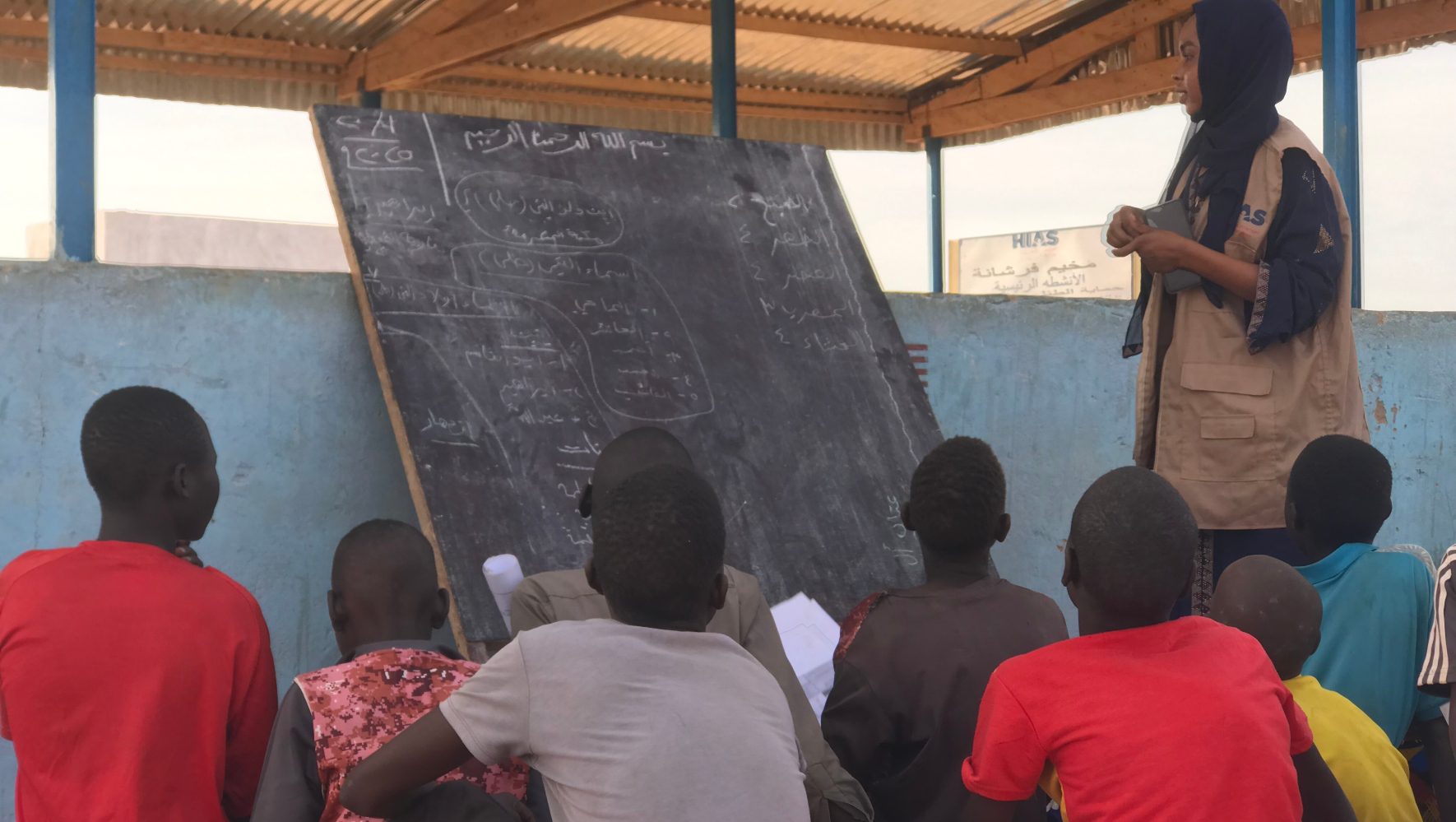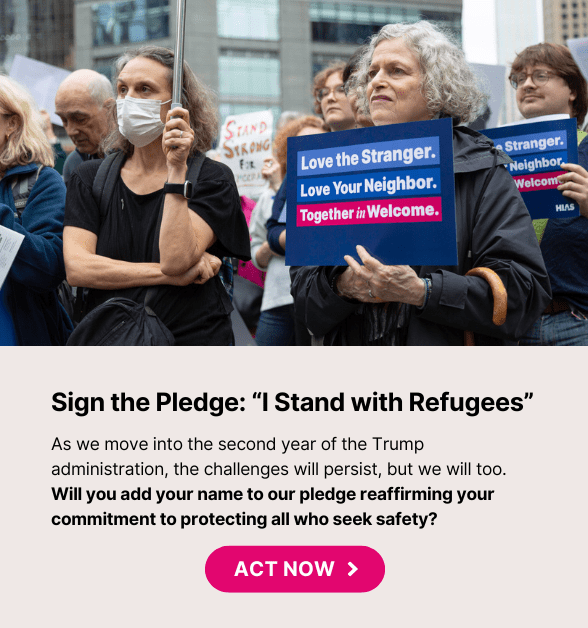Amid Chaos and Violence, South Sudan Turns Four
By HIAS.org
Jul 08, 2015
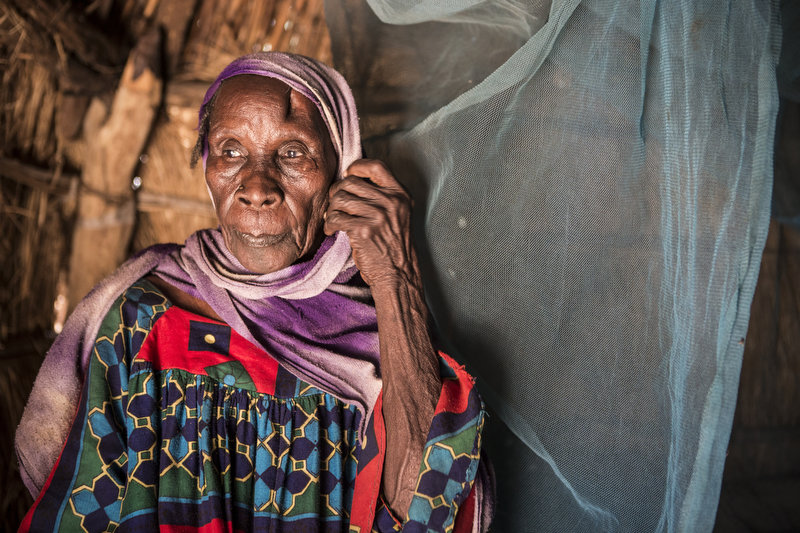
An elderly Sudanese woman at Djabal refugee camp in eastern Chad. HIAS provides psycho social support and other services for the elderly at refugee camps throughout Chad.
Glenna Gordon for HIAS
South Sudan is the world’s youngest country. Unfortunately, its early years have been anything but idyllic.
A new report by the United Nations finds “widespread human rights abuses” in South Sudan, marked by a new level of brutality allegedly by the Sudan People’s Liberation Army. Some of the most disturbing allegations include the abduction and sexual abuse of women and girls and reports of the army burning women alive in their dwellings.
Let me repeat that: Women are being burned alive in their homes.
Even for those who escape this horrific fate, every day can be a struggle. Around 1.5 million South Sudanese have been forced from their homes in less than two years. Most are internally displaced and living in camps, while around 500,000 have fled to the neighboring countries of Ethiopia, Kenya, Sudan and Uganda. A staggering 4.6 million people can’t say reliably where there next meal is coming from.
It wasn’t supposed to be this way.
South Sudan became an independent state on July 9, 2011 as part of the peace agreement which ended Africa’s longest civil war. Many were hopeful that, after 22 years of conflict, the birth of this new country would bring peace. Just two and half years later, however, fighting broke out in South Sudan between troops loyal to President Salva Kiir and troops supportive of former Vice President Riek Macher. The violence has intensified in recent months, causing massive displacement.
Sharp increases in need for humanitarian aid have coincided with decrease in access to those who need help. Due to the level of violence, many humanitarian agencies have been forced to withdraw from the most dangerous areas. Aid agencies are at risk for harassment, looting, and attacks. More than a dozen aid workers have been killed since 2013.
As a result, humanitarian aid agencies are struggling to provide assistance in South Sudan. The options are so limited that the United Nations Office for the Coordination of Humanitarian Affairs has determined that the only immediate way to help would be to deliver rudimentary survival kits by helicopter or boat.
South Sudan is four years old today. The peace we hoped it would bring hasn’t yet arrived. Until it does, the international community needs to do all it can. That includes providing humanitarian aid and ensuring that those who have fled to neighboring countries receive assistance and protection. While reaching the victims in South Sudan is difficult, and resources to help refugees are strained by the record 60 million displaced people in the world today, the need is urgent and cannot be ignored.
HIAS is no stranger to issues of violence and displacement. For more than 130 years, we’ve made it our mission to rescue people whose lives are in danger because of who they are. Both our history and our values as Jews demand no less.
With more refugees in the world today than at any time since World War II, this work has never been more important. That’s why HIAS continues to advocate for countries capable of providing safe haven to accept more refugees for resettlement, and why we are on the ground in a dozen other countries working to ensure that people fleeing conflict and violence are not sent back into harm’s way.
